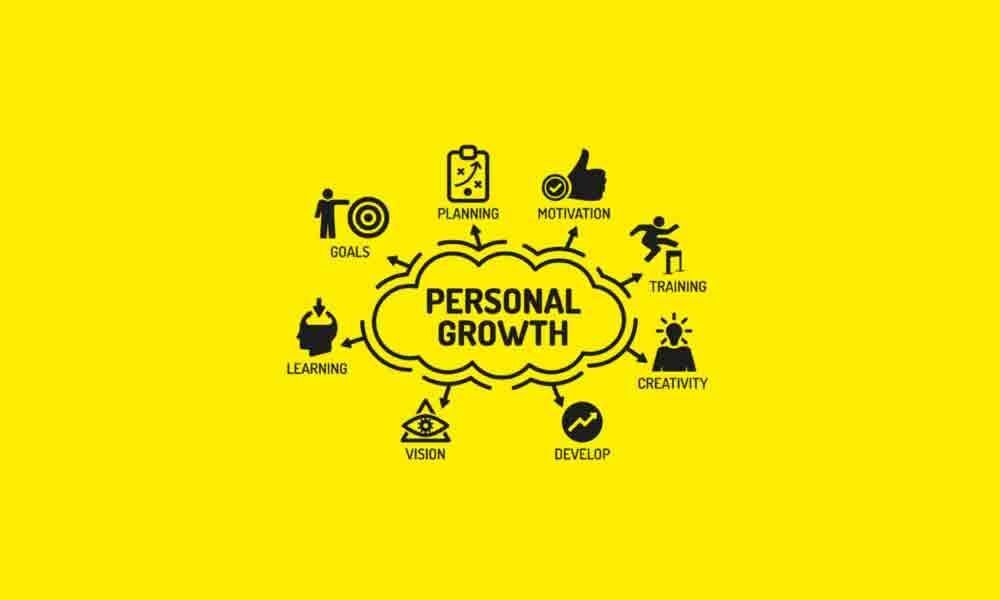Self-improvement and self-growth

Nowadays the terms self-improvement, self-growth and self-help have become popular. We find many books about these subjects and many websites too.
Nowadays the terms self-improvement, self-growth and self-help have become popular. We find many books about these subjects and many websites too. It seems that people are turning inside to find the solution to their problems. They seek knowledge, techniques, workshops, lectures and teachers who can show them the way. People begin to understand that self- improvement and self - growth improve the quality of life.
The subconscious mind is one of the major keys to self-improvement and self-growth. By changing the contents of the subconscious mind you change your habits, behaviour and attitudes. This is brought about by thinking, meditation, visualization and affirmations.
The process of inner change requires inner work. It is not enough to read, you have to practice what you read, and this needs time and effort. There is no such thing as instant self-improvement. Any inner change takes time, and there must be motivation, desire, ambition, perseverance and dedication. Outer and inner resistance and opposition must be taken into account too. Upon starting any self-improvement program, most people usually encounter inner resistance that come from their old habits and their subconscious mind, and also resistance and opposition from the people around them.
The desire to change, build new habits and improve must be strong enough to resist any laziness, desire to give up and the ridicule or opposition from family, friends or colleagues.
Techniques for self- improvement and growth
1. Look around you and watch how people behave in various circumstances. Watch the people you meet at home, work, at the supermarket, on the bus, train and on the street. Watch and learn also from people interviewed on TV, and also from movies.
2. Watch how people talk, walk, and react, and how they are treated by others.
3. Pay attention to the way people use their voice and how they react to others' voices. Watch how you feel and act when people shout or speak softly. Watch what happens when people get angry, restless and upset and what happens if they are calm and relaxed.
4. If you do not like what you see, analyse what and why you do not like it, and then analyse your own behaviour to find out whether you behave in the same way. Be honest and impartial in your analysis.
5. If you find that you possess some traits that you do not like, affirm to yourself frequently that every time this happens you are going to become conscious of this behaviour, actions or reactions, and endeavour to avoid behaving in that way.















